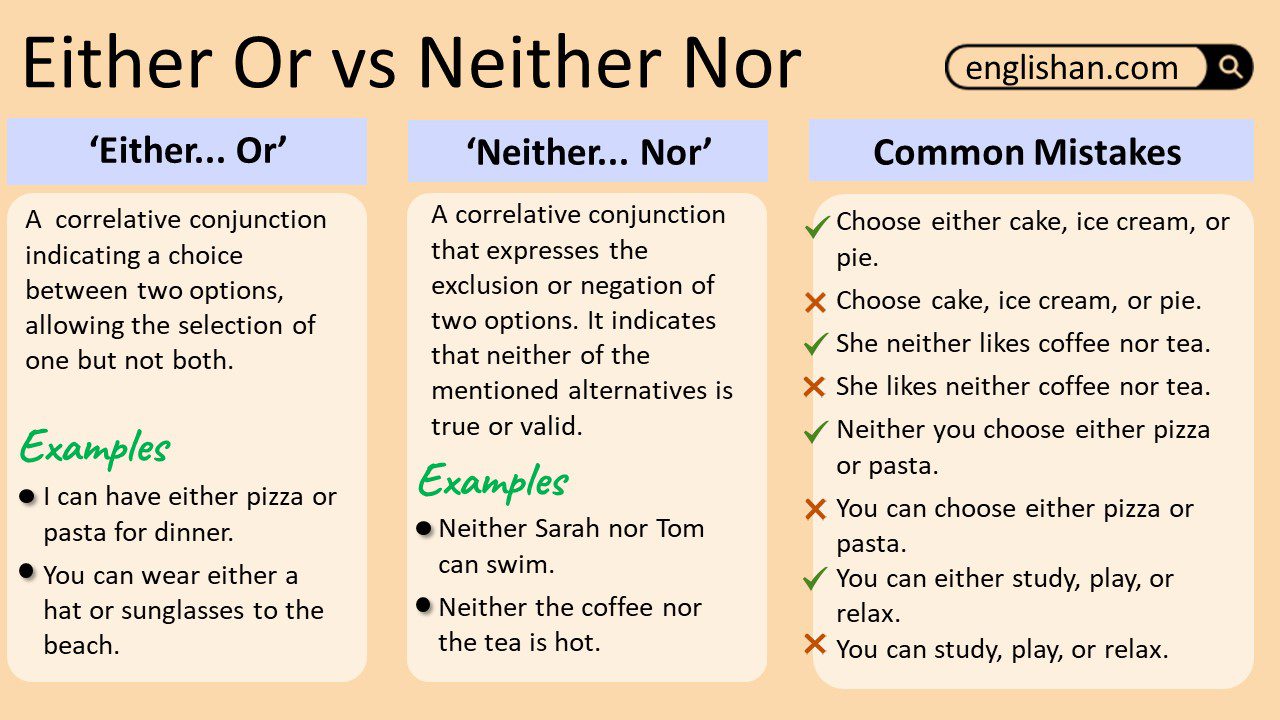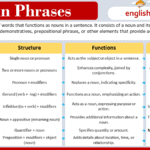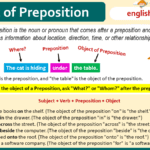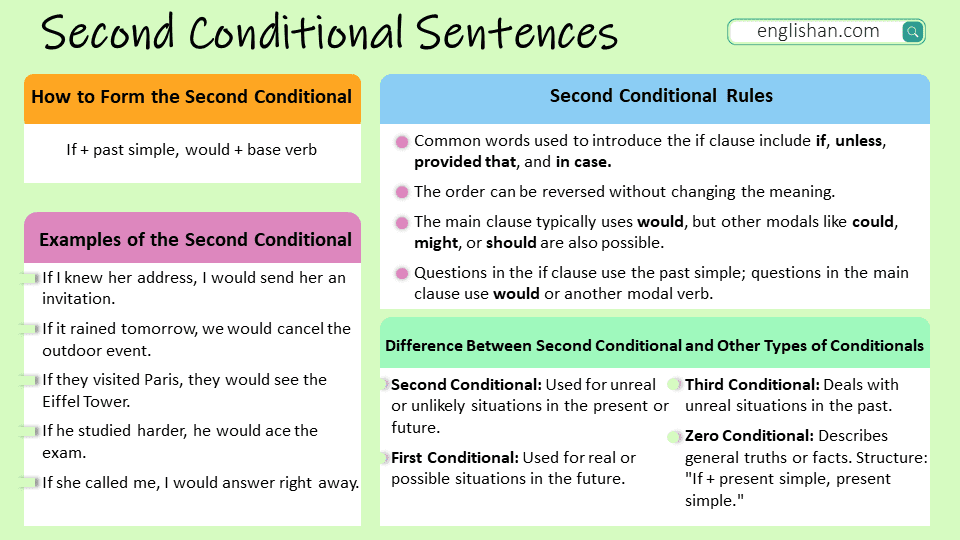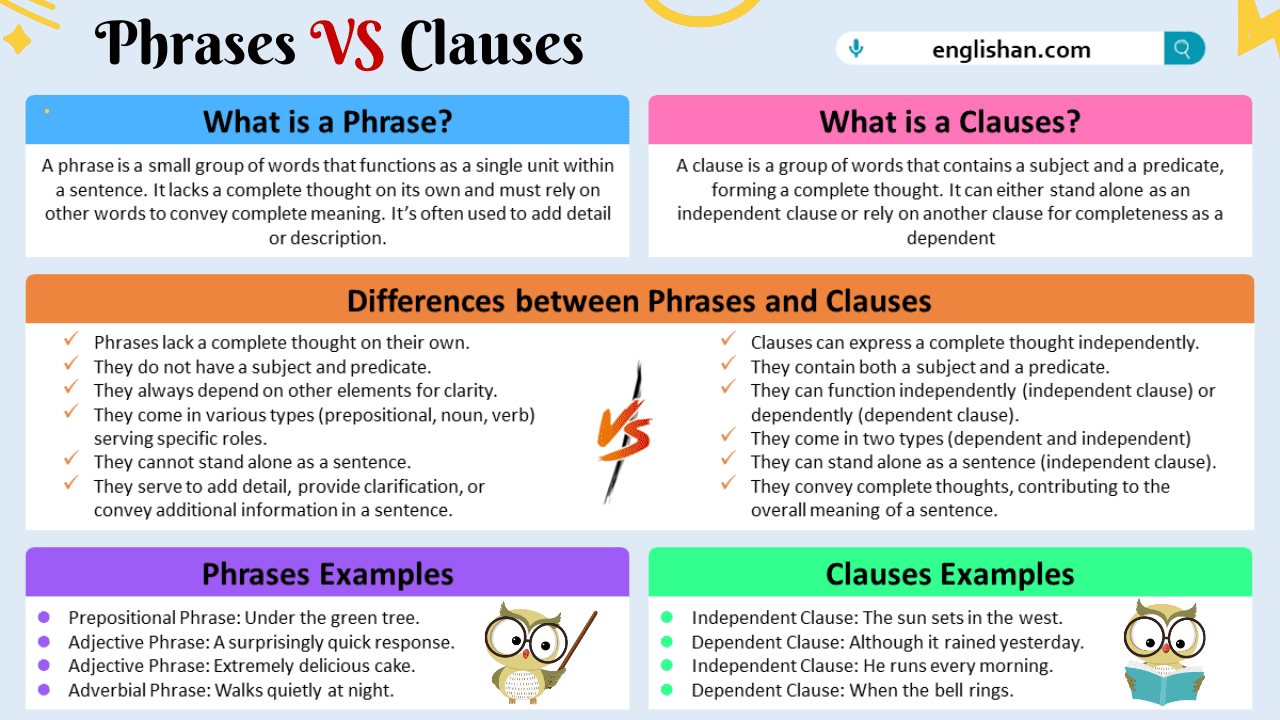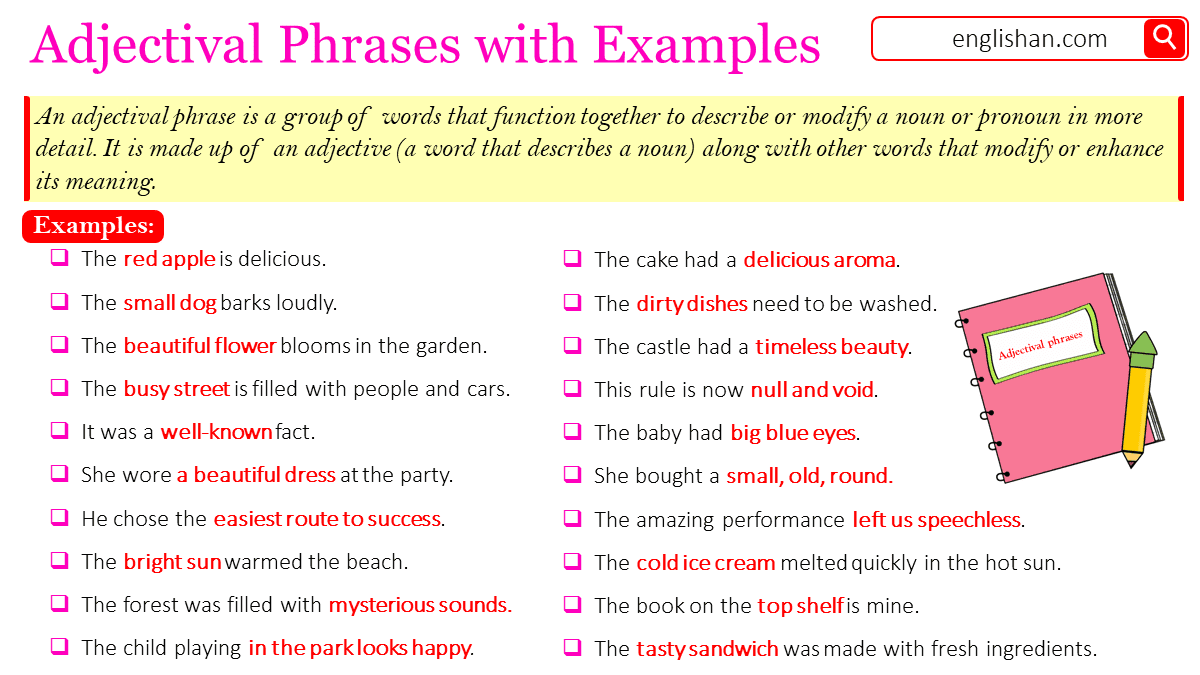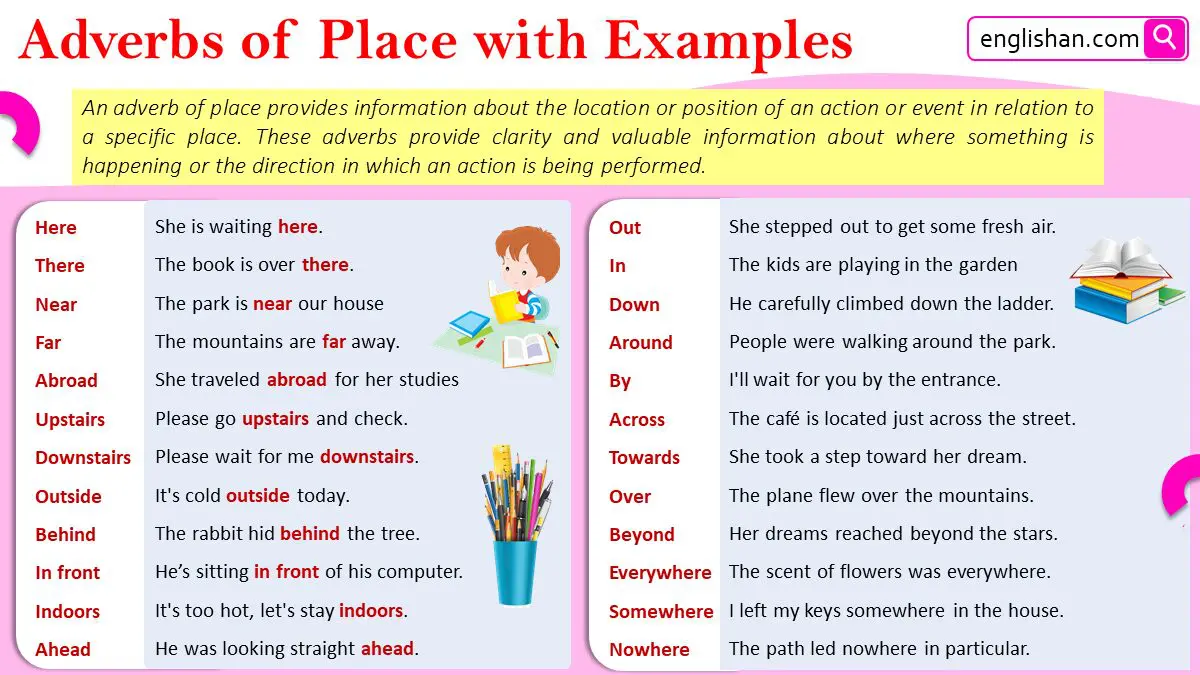In English, we often use either or and neither nor. Either or is for choosing one thing or another. It’s like saying, “You can have this or that.” On the other hand, neither nor is used when you don’t want either option. It’s like saying, “I don’t want this and I don’t want that.” Understanding the difference between neither vs either is important. These words help make our sentences clear. They are simple but very useful in everyday English. Knowing how to use them makes our talking and writing better.
What is Either Or Neither Nor?
Either…or and neither…nor are correlative conjunctions used to express relationships between two alternatives in a sentence. They are often used to present choices or to indicate that two ideas are both false or both true.
Structure of Either…or
The structure of “either…or” involves connecting two elements and indicating a choice between them. Here’s the basic structure:
- “Either [Option 1] or [Option 2].”
In this structure:
- “Either” introduces the first option.
- “[Option 1]” represents the first choice.
- “or” is the conjunction indicating an alternative.
- “[Option 2]” represents the second choice.
Usage of Either…or
Either…or is used to present a choice between two alternatives. It suggests that one of the options is true or valid, but not both. Here’s how it is commonly used:
- Connecting Alternatives: “Either [Option 1] or [Option 2].”
- Presenting Choices: Used when you want to express a selection between two possibilities.
- Exclusive Options: Emphasizes that only one of the options is applicable, not both.
Examples:
- “You can either come to the party or stay at home.”
- This implies a choice between attending the party and staying home.
- “We can have either pizza or pasta for dinner.”
- This suggests a choice between two types of food.
- “You must either complete the project on time or face the consequences.”
- Indicates a choice between completing the project or dealing with consequences.
Positive Connotation of Either…or
The positive connotation of “Either…or” lies in its ability to present choices in an affirming and inclusive manner. When using “Either…or,” it indicates that one of the given options is acceptable, preferred, or true. This construction is often employed to show a range of possibilities or alternatives, and it implies a sense of flexibility and openness. Here’s a breakdown:
1. Affirmative Decision:
- “Either [Option 1] or [Option 2].”
- Emphasizes that one of the options can be chosen or is valid.
- Example: “You can either join us for dinner or attend the event.”
2. Inclusivity:
- Indicates that both options are reasonable or acceptable.
- Example: “The report can be submitted either today or tomorrow.”
3. Preference:
- Allows for a positive expression of preference between alternatives.
- Example: “You can either use the blue or the green paint for the project.”
Examples of Either…or
Either…or is a conjunction used to present two mutually exclusive alternatives. Here are some examples:
- I can have either pizza or pasta for dinner.
- You can wear either a hat or sunglasses to the beach.
- The movie is playing either at 5:00 PM or 7:00 PM.
- She can choose either a sandwich or a salad for lunch.
- You can play video games either on the computer or the console.
- The store is open either on weekdays or weekends.
- He can visit his grandparents either this weekend or the next.
- You can take either the bus or the train to the city.
- The homework is due either on Monday or Tuesday.
- She can buy either a blue dress or a green one.
- The museum is free to visit either on Saturdays or Sundays.
- We can go for a walk either in the morning or in the evening.
- The game is available for download either on iOS or Android.
- You can have either tea or coffee with breakfast.
- The class is scheduled either at 10:00 AM or 2:00 PM.
- He can take either the elevator or the stairs to the office.
- The concert tickets are available either online or at the venue.
- She can choose either to read a book or watch a movie.
- You can buy the item either in-store or online.
- They can travel either by car or by train to the event.
Structure of Neither…nor
The structure of Neither…nor is as follows:
- “Neither [Option 1] nor [Option 2].”
In this structure:
- “Neither” introduces a negative condition for both options.
- “[Option 1]” represents the first negated choice.
- “nor” is the conjunction indicating the continuation of the negative condition.
- “[Option 2]” represents the second negated choice.
This construction is used to express that both options are false or not applicable. It emphasizes the exclusion of both alternatives. Here’s an example for better understanding:
- “Neither the cat nor the dog is allowed on the couch.”
Usage of Neither…nor
Neither…nor is used to express a negative condition for two alternatives. It indicates that both options are not true or valid. Here are common ways “Neither…nor” is used:
1. Presenting Negative Conditions:
- “Neither [Option 1] nor [Option 2].”
- Example: “Neither the cat nor the dog is allowed on the couch.”
- Meaning: Both the cat and the dog are not allowed on the couch.
2. Excluding Multiple Options:
- Used when you want to state that neither of the given options is applicable.
- Example: “Neither the blue shirt nor the red one fits me.”
- Meaning: Both the blue shirt and the red shirt do not fit.
3. Double Negation for Emphasis:
- Helps emphasize the negative condition for both options.
- Example: “She neither confirmed nor denied the accusation.”
- Meaning: She did not confirm, and she did not deny the accusation.
4. Highlighting the Absence of Choices:
- Indicates a lack of acceptance or suitability for both options.
- Example: “Neither the movie nor the book was interesting.”
- Meaning: Both the movie and the book were uninteresting.
5. Comparing Negative Conditions:
- Allows for the comparison of two negative conditions.
- Example: “Neither the car nor the bicycle is a suitable mode of transportation.”
- Meaning: Both the car and the bicycle are unsuitable for transportation.
Positive Connotation of Neither…nor
The structure of Neither…nor inherently conveys a negative condition for both options, and it is typically used to express exclusivity or the absence of choices. As such, it does not inherently carry a positive connotation. The primary function of “Neither…nor” is to emphasize that neither of the given options is valid or applicable.
If you want to convey a positive condition or express choices, you would typically use a different construction, such as Either…or. This structure is better suited for presenting alternatives in a positive and inclusive manner.
For example, in a positive context:
- “You can either have ice cream or cake for dessert.”
Here, the positive connotation is associated with the inclusive nature of the choices.
Examples of Neither…nor
Neither…nor is a conjunction used to connect two words or ideas that are both negative or not happening. Here are some examples:
- Neither the cat nor the dog likes the new food.
- I have neither a red pen nor a blue one.
- Neither Sarah nor Tom can swim.
- The store has neither apples nor oranges today.
- Neither the book nor the movie was interesting.
- The restaurant serves neither pizza nor burgers.
- Neither the teacher nor the students were in class.
- The box contains neither chocolates nor candies.
- Neither the car nor the bicycle is working.
- She can attend neither the morning nor the afternoon session.
- Neither the coffee shop nor the bakery is open.
- The team has neither won nor lost any matches.
- The plant likes neither too much sun nor too much shade.
- Neither the laptop nor the desktop is functioning properly.
- The movie is playing neither at 6:00 PM nor at 8:00 PM.
- He has neither a sister nor a brother.
- Neither the blue shirt nor the green one fits.
- They are neither coming today nor tomorrow.
- Neither the coffee nor the tea is hot.
- The museum has neither art exhibits nor science displays.
Difference between ‘Either Or’ and ‘Neither Nor’
Here’s a table summarizing the differences between Either…or” and “Neither…nor:
| Aspect | “Either…or” | “Neither…nor” |
|---|---|---|
| Meaning | Indicates a choice between two options. | Indicates that both options are not true or valid. |
| Structure | “Either [Option 1] or [Option 2].” | “Neither [Option 1] nor [Option 2].” |
| Usage | Presents mutually exclusive alternatives. | States the negation of both options. |
| Affirmative/Negative | Affirmative (at least one option is true). | Negative (both options are false or not valid). |
| Connotation | Positive and inclusive. | Negative and exclusive. |
| Function | Presents a choice. | Expresses a negative condition for both options. |
| Emphasis | Emphasizes the presence of at least one option. | Emphasizes the absence of both alternatives. |
| Example | “You can either have coffee or tea.” | “Neither the cat nor the dog is allowed on the couch.” |
| Decision Making | Allows for a choice or decision. | Implies the rejection of both options. |
| Flexibility | Offers flexibility in decision-making. | Implies a lack of flexibility, a clear exclusion. |
| Preference | Implies a preference between options. | Implies a rejection of both options. |
| Frequency of Use | Common in expressing choices or alternatives. | Common in negating options or making restrictions. |
FAQs
Sure! Here’s a simpler explanation:
“Either/or” means you choose one thing.
Example: You can either watch TV or play games. (Pick one.)
“Neither/nor” means you choose none of the things.
Example: I want neither coffee nor tea. (I don’t want anything.)
Think of it like this:
Either/or = one
Neither/nor = none
Using “neither/nor” is simple! Here are the basic rules:
“Neither/nor” means none of the two options.
Example: Neither John nor Sarah is coming.
Match the verb to the subject (singular or plural).
Don’t add extra negatives.
Right: I like neither tea nor coffee.
Wrong: I don’t like neither tea nor coffee.
Here’s how to use either and neither:
Either = one of two options.
Example: You can either call or text.
Neither = none of the two options.
Example: Neither pizza nor pasta sounds good.
Here’s an easy version:
Either/Or
Singular: Either John or Sarah is coming.
Plural: Either the dogs or the cats are playing.
Neither/Nor
Singular: Neither the teacher nor the student is ready.
Plural: Neither the boys nor the girls are here.
Just match the verb with the closest subject!
Here’s an example of either/or:
You can either have pizza or pasta for dinner.
(You get to choose one.)
Here’s a 5-sentence example with “neither/nor”:
1. Neither the red dress nor the blue one fits.
2. Neither the teacher nor the student was late.
3. I like neither coffee nor tea.
4. Neither my sister nor I saw the movie.
5. Neither the cat nor the dog is allowed inside.
You May Also Like
